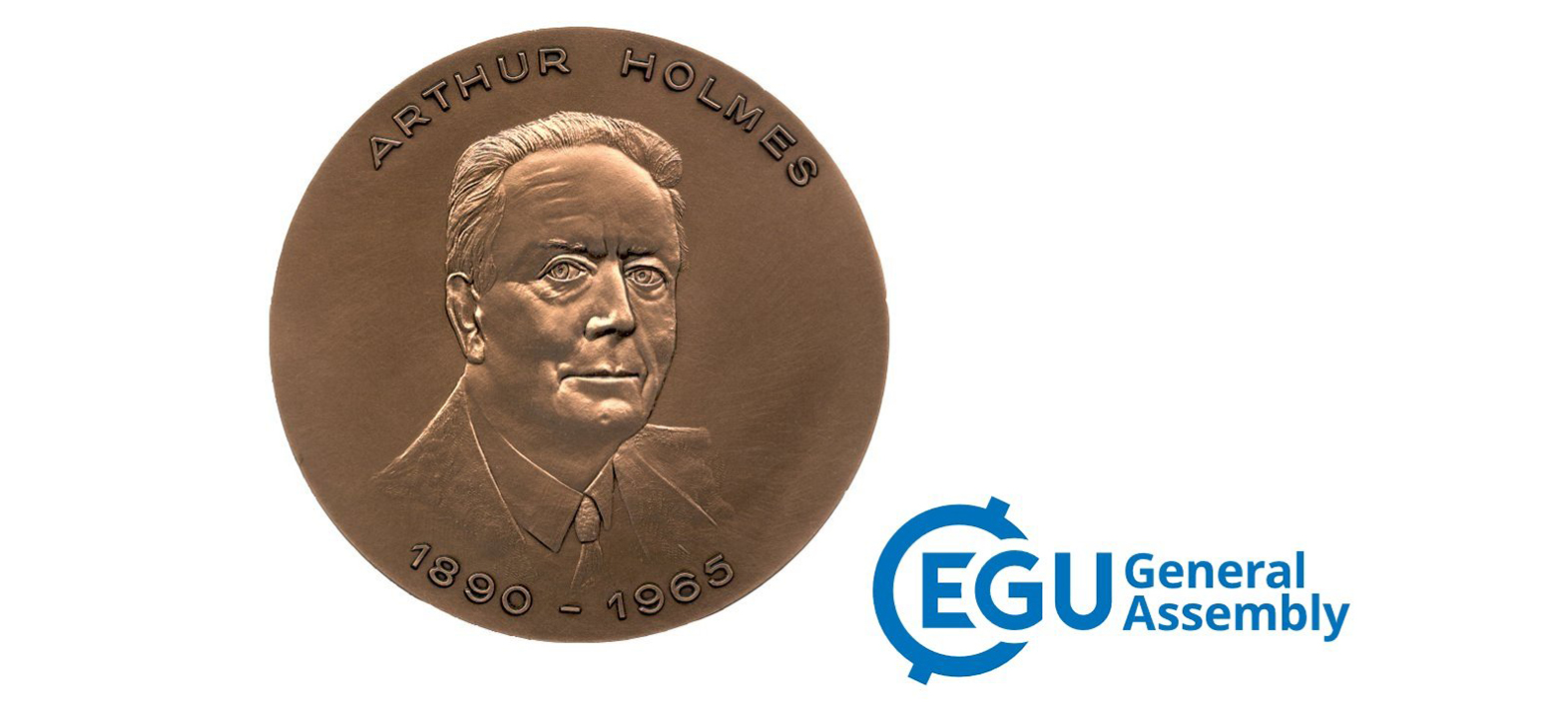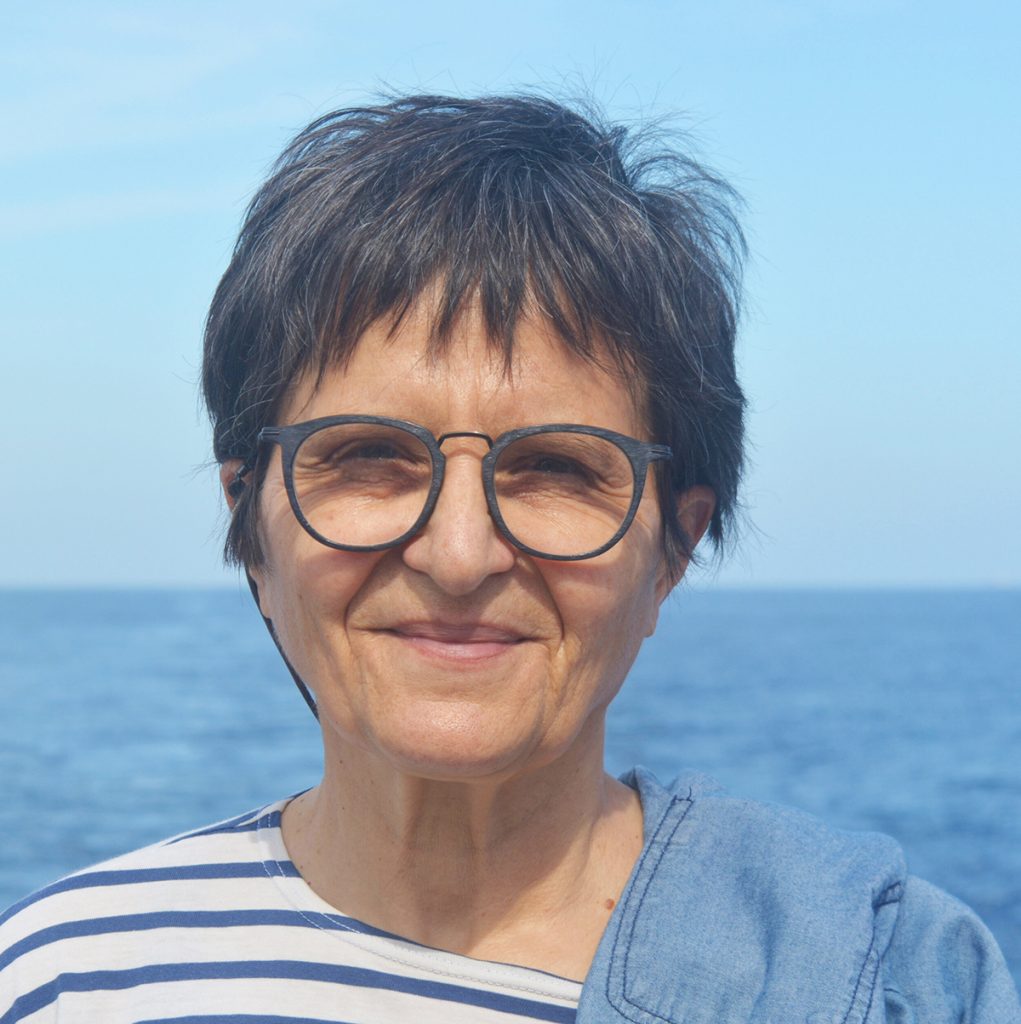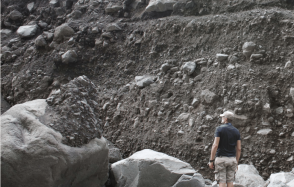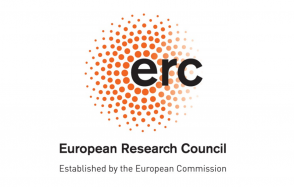Mathilde Cannat receives the 2023 Arthur Holmes Medal from the EGU
Mathilde Cannat, from the Marine Geosciences team of the IPGP, is awarded for her contribution to the understanding of mid-ocean ridges in terms of tectonic processes and dynamics. This prize is awarded to scientists who have reached an outstanding international level in the Earth-solid field of Geosciences, for their merit and scientific achievements.

Publication date: 05/05/2023
Awards and Distinctions, Press, Research
Related teams :
Marine Geosciences









